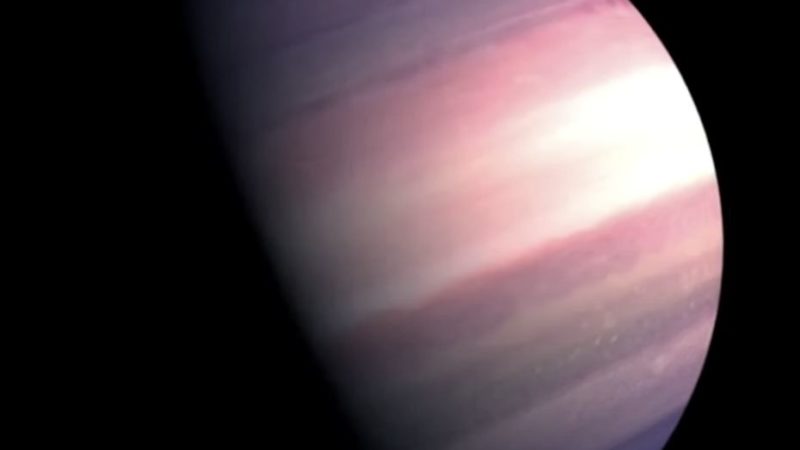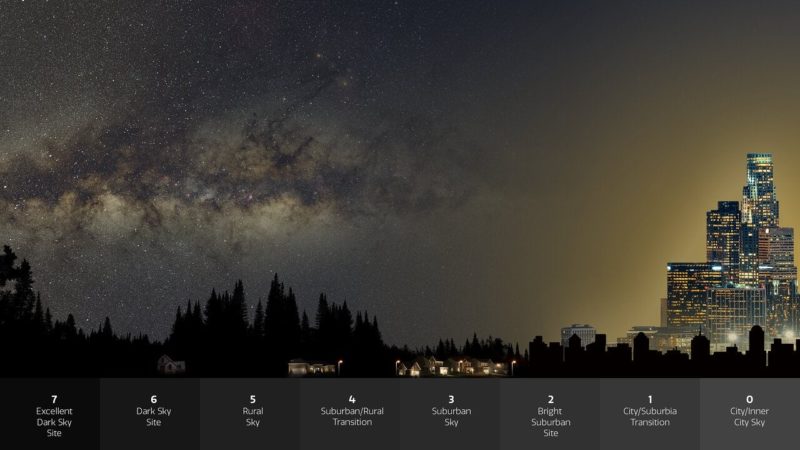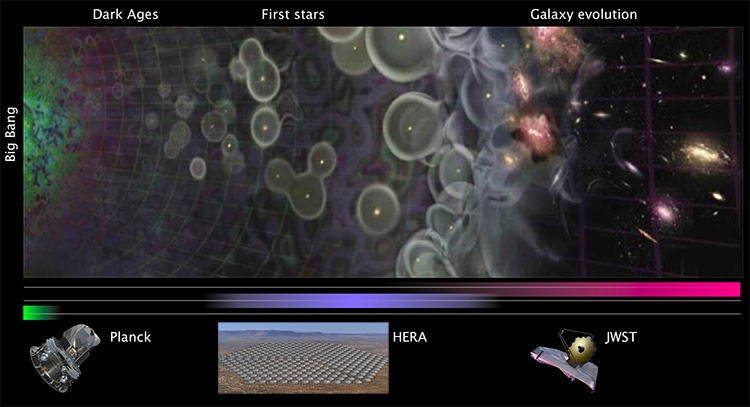Comet ZTF C/2022 E3 Green Earth NASA Astronomy – The News Herald
Support local journalism. Unlock unlimited digital access to floridatoday.com
Have you heard about the Green Comet?
No. It’s not the latest Marvel superhero to get signed to a movie deal.
On Feb. 1-2, Comet C/2022 E3 or Comet ZTF or the “Green Comet,” will make its closest pass by the Earth and thus will be visible to the naked eye. The comet, discovered less than a year ago, is currently visible with telescopes and other visual aids in the constellation Draco. By the end of the month, it should be visible near Polaris, more commonly called the North Star. And if you want catch a glimpse of ZTF for yourself, gaze north after sunset and look for the green haze.
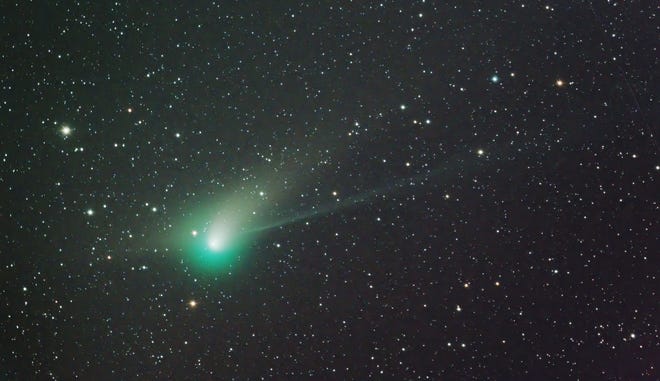
Here are five things you should know about the comet:
What is a comet?
A comet is a celestial body made up of ice and dust. They are relics from the development of the solar system and can have orbits between 200 years and 250,000 years. As a comet approaches the sun, the ice is heated and a plume of water vapor, gas and dust is pushed out by the solar wind causing a tail. Even as the comet moves away from the sun, the solar wind continues to blow past it making the tail appear to lead the way for the ice boulder as it heads back out to space. The “green” hue comes from the gases that are being vaporized along with the ice and dust.
When was the last time this comet passed by Earth?
Scientists have said that the last time Comet ZTF passed by the Earth was during the time of the Neanderthals some 50,000 years ago. According to the Adler Planetarium, this comet, as well as most others, hang out in a theoretical part of our solar system called the Oort cloud. The cloud sits 2000 times farther from the sun than the Earth. For comparison, the planetarium states that Voyager I, a spacecraft launched from Earth in 1977, won’t reach the edge of the Oort cloud for another 300 years.
More Space News: Rocket launch schedule: Upcoming Florida launches and landings
More Space News: Get the latest in space industry news
What does ZTF mean?
The comet’s name is a moniker for the Zwicky Transient Facility at the Palomar Observatory in California where scientists made the discovery in March 2022. Comets are discovered when they get close enough to the sun to begin reflecting light. Because of this, there could be thousands of comets lurking out there still left to be discovered.
Will Comet ZTF hit the Earth?
You can tell Bruce Willis to stand down. There’s no Armageddon situation with this one. At its closest, Comet ZTF will zoom 26 million miles past our home planet. At that distance, it poses no threat.
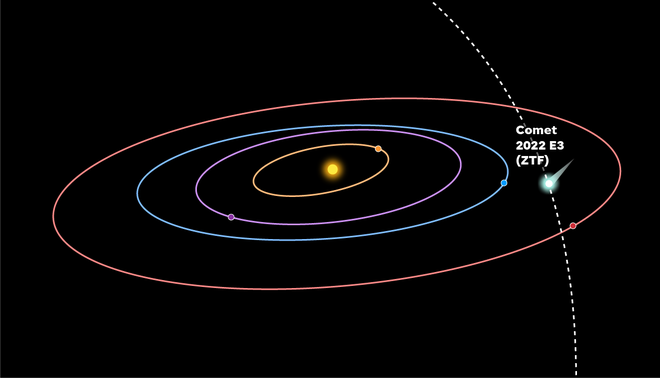
United Launch Alliance’s newest rocket, Vulcan, arrives at Cape Canaveral launch site
Decades later, Gemini 5’s Titan booster returns to Cape Canaveral
So will this comet return in another 50,000 years?
Probably not. Astronomers at the Adler Planetarium say that the comet made a close flyby of the sun on Jan. 6. That’s likely to set the space ice on a path to be flung far out into space. So far that it could take another million years before a return to the inner solar system – if ever.
Rob Landers is a veteran multimedia journalist for the USA Today Network of Florida. Contact Landers at 321-242-3627 or rlanders@gannett.com. Instagram: @ByRobLanders Youtube: @florida_today

